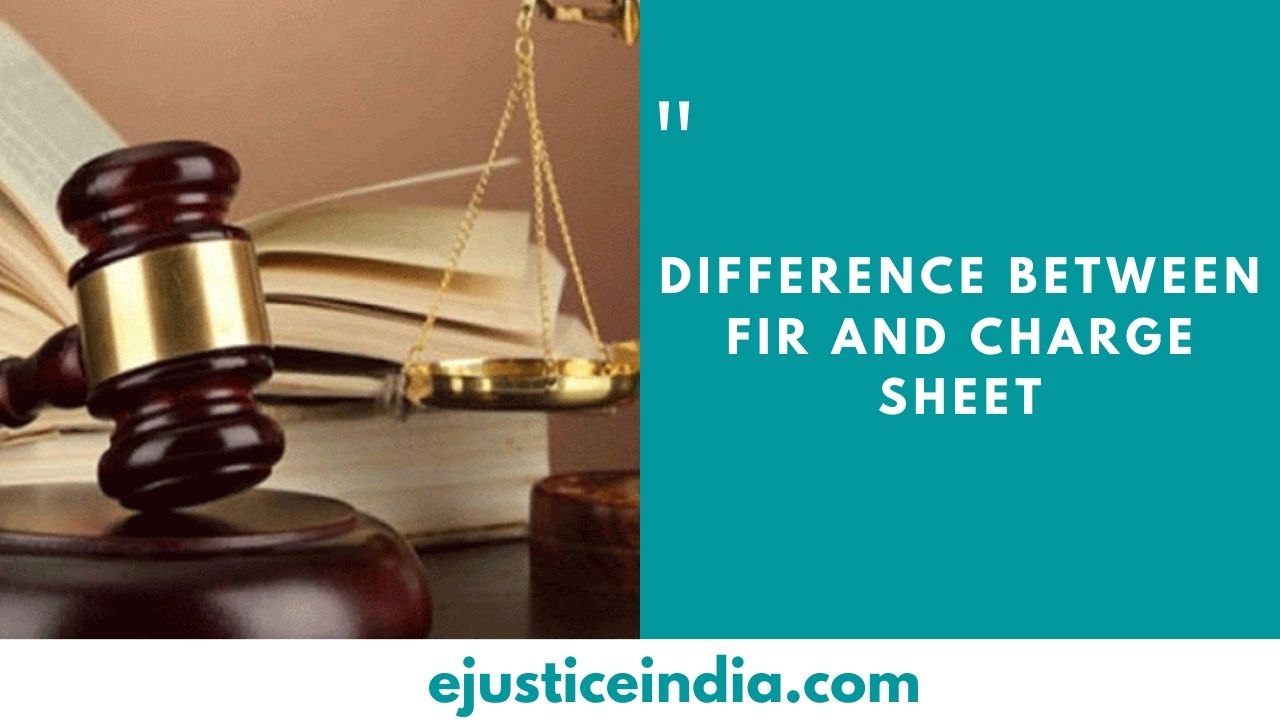Difference between Judges And Justices
Difference between Judges And Justices
Author : Abhay Pratap
There happens to be so much confusion with respect to 3 terms, i.e., ‘Magistrate’, ‘Judge’ and ‘Justice’. In this article we will try to make a distinction between a ‘Judge’ and a ‘Justice’. We will also try to understand what these terms mean.
In India and in almost all of the countries, there is a government and government functions can be divided into 3 parts. 1) Legislation, 2) Executive and 3) Judiciary.
Judiciary’s function is to implement the Laws made by the Legislation. ‘Judge’ and ‘Justice’ are related to Judiciary. Judge and Justice both have the same function that is to implement the Law by interpreting them and to judge accordingly.
In any Law in India, there is no proper and clear definition of ‘Judge’ or of ‘Justice’. However, section 20 of The Indian Penal Code, 1882 (IPC), tries to define ‘Judge’ it says ‘Judge’ is one who is empowered by law to act judicially alone which means a Judge cannot be empowered to perform any other act except acting judicially and the power to act judicially must be given by law. Under the same section, the term ‘Court of Justice’ is defined, too. It says that ‘Court of Justice’ denotes a Judge or a body of Judges. A ‘Judge’ or ‘Body of Judges’ does not mean they are ‘Court of Justice’, a ‘Judge’ or ‘Body of Judges’ would be ‘Court of Justice’ only when they are acting judicially. Let us understand it with the help of an example. If a judge who has the power to act judicially is sitting at home then no concept of ‘Court of Justice’ arises but it will arise soon that same Judge starts acting judicially. There is a difference between having power and using that power.
As per section 21 of IPC, ‘Judge’ and ‘Body of Judges’ are public servants.
Judge is a position where a person gets the power to act judicially. Thereafter comes the hierarchy and rank of this position. A person acting judicially and is placed in lower court i.e., any court below the High Court, is called a ‘Judge’ e.g., District Judge. When a person acts judicially and is placed in lower court and hears criminal proceedings, he is called a ‘Magistrate’. All the persons acting judicially and placed in High Courts or in the Supreme Court are called ‘Justice’.
All the persons acting judicially are Judges but the words to call them changes as per their designation and rank in the hierarchy.
All the power that is given to the judges are always with the justices, too. But vice-versa is not true.
Apart from chief justice, Justice is the highest title a judge can receive in the judiciary.
All the proceedings of usual nature begin in the lower courts of judges. In the higher courts of judges i.e., in the courts of Justices, usually appeal lies.
As per The Contempt of Courts Act, 1971 (CCA), No judge of lower court can take cognizance of its contempt. Only the Justices can take cognizance of their own contempt and start proceedings. It does not mean that there exists no contempt of lower courts. High courts have power under the CCA to take cognizance of the contempt of the lower court.
Judges have been given limited powers whereas Justices have been given all the powers that can be used to provide proper justice. For example, a lower court Judge cannot change the investigation agency, Justices can do so. Lower court Judges have no power to quash the FIRs, only Justices can do so.
No experience is required to be judges of lower courts but in order to be at the position of Justice, one is required to have the experience.
Judges of lower court are not authorized to hear Public Interest Litigation or PIL. Only Justices are allowed to hear PILs.
Justices overlook Judges of lower courts. No such power vests with lower court Judges.
Writs petition can be heard and issued only by Justices. Lower court judges have no jurisdiction in this area.
There are various other powers that are vested with Justices only therefore, it would not be feasible to discuss all of them.
For the justices to be removed from their position, the impeachment process is used. Judges of lower courts are removed from their position by holding the inquiry followed by the High Court recommendation to the signature of the Law Minister of the state. Appeal lies against such removal of judges of lower court from their post.
Rent free accommodation to Justices are not taxable under Income Tax Act, 1961. Judges of lower courts would have to pay the taxes in such a case.
It can be concluded after going through the article that :
1) Judge is an authority which can interpret and implement Laws and act judicially.
2) Justice is a title given to judges of higher courts.
3) Experience is must to get a title of Justice.
4) To get the position of judge in lower courts, no such experience is necessary.
5) Justices have all the power a Judge has, but not vice-versa.
6) No usual appeal lies against the order of Justices as in case of lower court judges.
7) All the Justices are Judges, but all the Judges are not Justices.
8) Impeachment process is followed to remove the judge from their position.
9) Lower court Judges are removed from their position by holding the inquiry.
10) Many facilities to Justices with respect to the allowances, salary and taxes are available. Lower court Judges are not that lucky.


